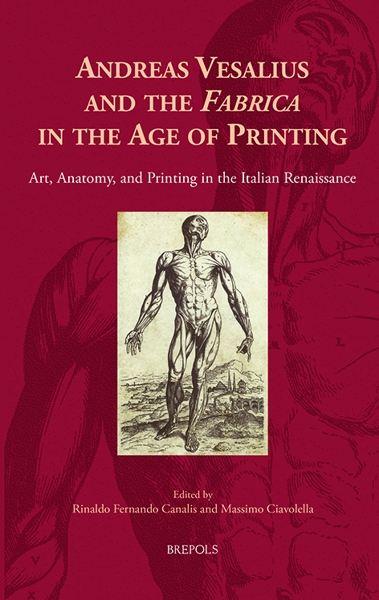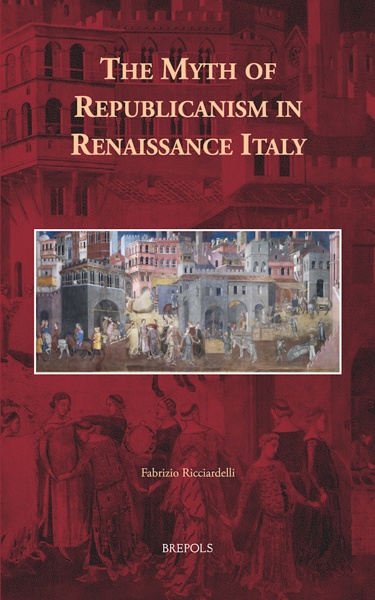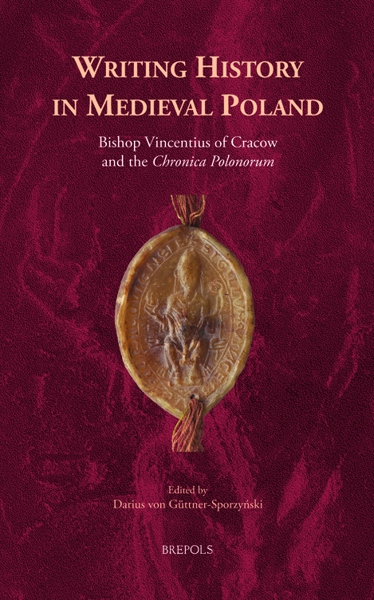
The Myth of Republicanism in Renaissance Italy
Fabrizio Ricciardelli
- Pages: vi + 222 p.
- Size:156 x 234 mm
- Language(s):English
- Publication Year:2015
- € 90,00 EXCL. VAT RETAIL PRICE
- ISBN: 978-2-503-55417-4
- Hardback
- Available
- € 90,00 EXCL. VAT RETAIL PRICE
- ISBN: 978-2-503-56465-4
- E-book
- Available
Examines the debates on Republican and Signorial Renaissance political systems in Renaissance Italy.
"At the core of this noteworthy new book on medieval and Renaissance Italy are several valuable chapters devoted to political culture; in particular, political discourse (chap. 2), public architecture (chap. 3) and religious rituals (chap. 4) in the city states of central and northern Italy. The book admirably expands the analysis of political culture beyond the familiar case of Florence to include other republics and signorie, such as Lucca, Siena, Venice, Milan, and Genoa, among many others." (John P. McCormick, in The Medieval Review, 2016.11.34)
“(…) this book represents a solid contribution to the field. For some of the themes treated, such as the sacred nature of the social body, this is an intriguing development of the historiography on republicanism. On more traditional issues, such as the connection between the language of freedom and protoimperialist propaganda, Ricciardelli proposes an original framework with which any future scholarship on Renaissance republicanism will have to engage.” (Matteo Salonia, in Renaissance Quarterly, 70/2, 2017, p. 715-716)
The period between the late thirteenth and early fourteenth centuries saw significant discussion in Italy about the two different political models of republicanism and seignorialism, reaching a climax at the end of the Trecento when the most influential scholars of Florence and Venice began to attack the despotism imposed on Milan by the Visconti. The arguments put forward by both sides were largely predictable: supporters of a Republic argued that liberty — represented by an elective government and independent from foreign powers — was of greatest importance, while those in favour of seignorialism instead claimed that they brought order, unity, and social peace.
In this book, the two systems of government represented in Italy are revisited, the arguments put forward by their supporters are compared and contrasted, and the development in the use of political language, especially in the city-states of central and northern Italy, are explored. The reality, it is suggested, is that the political systems of republicanism and seignorialism were not so very different. Republican governments ignored universal suffrage, those supported by signori did not always run totalitarian governments, and in both cases, power continued to be held by recurring oligarchical groups who were unwilling to enter into constructive dialogue with their opponents. However, as the two sides fought for power, the political arena became the testing ground for new forms of communication that could be used to manage and manipulate public opinion.
Acknowledgements
Introduction
Chapter 1. Power and Institutions from the Commune to the Territorial State
Chapter 2. In the Name of the Common Good
Chapter 3. The Spaces of Power
Chapter 4. The Sacred Nature of the Social Body
Chapter 5. The Language of Political Subordination
Conclusion
Bibliography




